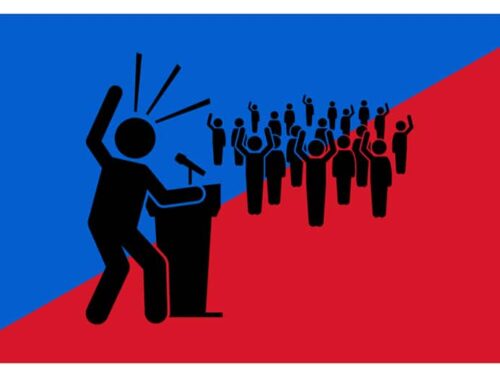
I’m proud to say that I have three millennial children, none of whom come anywhere near to living down to the negative labels affixed to them by our society and the media. They are – like so many of their peers whom I’ve encountered in the last ten years – most certainly not entitled or selfish, nor are they slackers, nor do they expect participation trophies for everything they do.
Rather, to me, they represent the very best of their generation. They’re innovative and broadminded, respectful of diversity, committed, industrious, caring, generous, and thoughtful.
And they are part of what is now the largest generation in today’s U.S. workforce. Born between 1982 and 1994 and having graduated jr. high, high school, college or graduate school amidst the Great Recession, millennials are now moving into top leadership positions, and their unique style is becoming increasingly apparent.
While some may criticize their approach, it is undeniable that millennial leaders are bringing about significant changes in the workplace.
One of the most notable features of millennial leadership is a focus on collaboration and inclusivity. They were raised in an increasingly diverse world, and recognize the value of diverse perspectives. While it’s always risky to generalize, millennials are more prone than boomers or Gen Xer’s to seeking input, ideas, and feedback about their leadership styles from their teams.
Rather than simply dictating orders using the outdated “command and control” leadership style, millennials encourage group alignment, participation, and engagement instead. Typically, this approach not only results in better decision-making but also promotes a more positive, psychologically safe, and supportive work environment.
Another important trait of millennial leaders is their emphasis on work-life balance. Having watched their parents exhaust themselves supporting the arrogant Jack Welches’ of the world pursue now infamous ‘shareholder value,’ they understand that their team members have personal lives outside of work. Millennial leaders are more likely to accommodate flexible work schedules, remote work options, and other perks that prioritize employee well-being. This not only leads to higher job satisfaction and better retention rates, but it also helps to reduce burnout and increase productivity.
Millennial leaders also place a strong emphasis on continuous learning and development. They recognize that the skills and knowledge required for success are constantly evolving, and they encourage their team members to pursue ongoing training and education opportunities. This not only benefits the individual team members but also enhances the overall skillset of the team.
Finally, millennial leaders are tech-savvy and highly adept at leveraging digital tools to improve efficiency and productivity. They embrace new technologies and are quick to adopt new communication and collaboration platforms, making it easier for their team members to work together effectively, regardless of location.
Of course, like any generation, there are also challenges that come with millennial leadership. For example, some may argue that their desire for constant feedback and recognition can lead to a arrogance or a lack of resilience. Additionally, their focus on work-life balance may sometimes be mistakenly perceived by Gen X or Boomer leadership as a lack of commitment or dedication to the job.
Despite these challenges, millennial leaders bring a unique and valuable set of skills to the workplace. As they continue to rise in the ranks, their collaborative and inclusive approach, focus on work-life balance, commitment to ongoing learning and development, and tech-savvy nature will undoubtedly have a major impact on the future of work for years to come.




